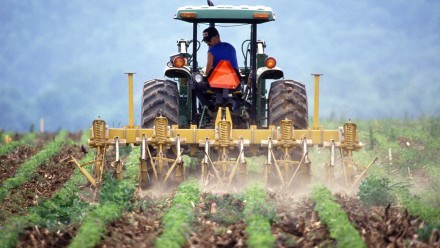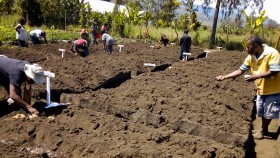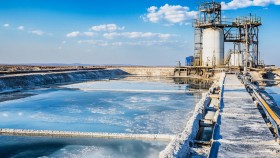The twin threats to food security: Pandemics and climate disruptions
In a world of 7.8 billion hungry people, the coronavirus pandemic has triggered global fears about food supplies. Waves of panic buying have swept supermarket shelves clean and there are concerns the virus will sicken farmers and food factory workers, while shipments will be stalled by border controls.
In Malaysia, fishermen and vegetable farmers have had to dump their produce because they have not been able to get it to their customers, citing road blocks and a lack of manpower. Fortunately, some suppliers have linked up directly with online delivery services to get the produce to buyers.
So far, global food supplies and delivery are functioning. But concerns remain and the longer the pandemic lasts, the greater the fears of disruption.
The world's food system is already highly leveraged because of globalisation, with many nations reliant on imports and efficient transport and storage. The system is vulnerable to sudden shocks, which has led to unrest in the recent past.
In 2010, a combination of droughts and severe floods in key grain growing countries, including Australia, Canada, China and Russia, caused food shortages and price spikes that fuelled political unrest in the Middle East, triggering the Arab Spring.
The UN Food and Agricultural Organization's food price index for December 2010 hit an all-time high as nations scrambled for food, leaving the poorest and most vulnerable at risk of starvation. The crisis triggered food riots in the Middle East, North Africa, India and elsewhere.
Foreign Policy, in an analysis of the Food Crisis of 2010-11, blamed a range of factors, including population growth, the use of grain to fuel cars, plus soil erosion, aquifer depletion, the loss of cropland to non-farm uses and crop-withering heat waves and melting glaciers.
While climate change was not the sole cause of the crisis, it was a threat-multiplier. "These climate-related trends seem destined to take a far greater toll in the future," the analysis concluded.
Read the full article in The Strait Times, featuring commentary by Prof Mark Howden











